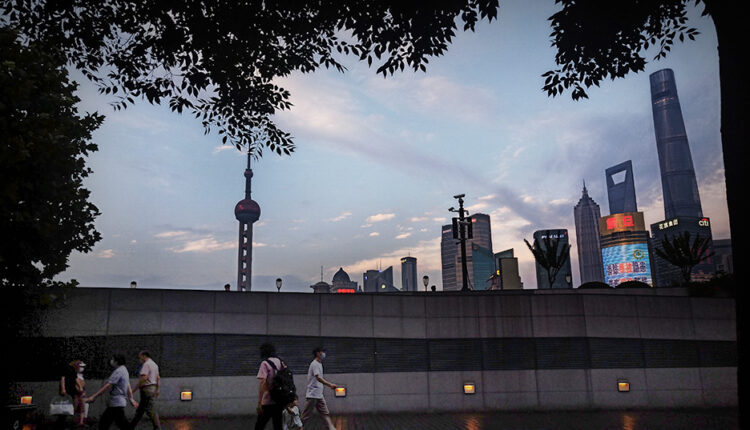International students struggle with barriers to entry U.S.
The Ministry of Foreign Affairs’ exemption from national interests allows international students with visas to return to campus in the fall. However, students without a visa will still face entry restrictions.
The national exemption from interest is for students from countries with COVID-19-related travel bans, including China, South Africa, Brazil, Iran, Ireland, the UK and the Schengen region in Europe.
Cheryl Matherly, Vice President and Vice Provost for International Affairs, said that while this news is positive, the situation is difficult for freshmen and sophomores who have been off campus for the final semester as those students may not have a visa .
By April 26, 50 percent of the world’s consulates were closed or only offered emergency services. Of the open consulates, Matherly said students are seeing wait times between one and 200 days for visas. This, along with the travel restrictions for COVID-19, has made it difficult for international students to travel to the United States
According to Matherly, many students are looking for alternative ways to obtain visas by traveling through a third country even when consulates in their home countries are closed.
Kelly Sun, 24, is one of 37 Chinese freshmen enrolled in the Lehigh in Residence program in Shanghai.
Sun said while booking airline tickets and making appointments is difficult, she is doing everything possible to make it to campus next semester.
“If I can’t get a visa appointment in Shanghai, I’ll go to Dubai to get an appointment,” Sun said.
According to responses to a Lehigh site survey, 61 first-year students, 113 high school students and 81 doctoral students studied outside the country in the past semester. Of the one million international students studying at American universities, about a third of those students are from China, according to Matherly.
For freshman students from China, Matherly said Lehigh would again offer the Lehigh in Residence program in Shanghai. Lehigh developed a core of 14 courses that would apply to students regardless of major and hired a faculty in Shanghai to teach those courses.
According to Matherly, Chinese high school students who need more specialized courses and specialty courses will either study remotely or have the option of going abroad in their home country.
“We’re doing somethingWe can do everything we can to help people stay on the path to graduation so that they are not punished by something that is not their fault, ”said Matherly.
Distance learning has been difficult for Chinese students who have had to adjust to a time difference of 12 hours.
Scott Chu, ’24, enrolled in remote Lehigh courses and the Lehigh in Residence program, is struggling with time zone issues.
“I have to keep awake to take a math exam at 4:00 am,” Chu said.
While time differences are difficult to navigate, Matherly said some international students had told her, “It wasn’t as bad as I imagined.” She said they reported how accommodating professors had been.
A student enrolled in a calculus class at 2 a.m. told Matherly he was moved when his professor set up office hours on a Sunday evening to give students in China the opportunity.
“It was a small gesture, but it made a big difference,” Matherly said. “I’ll never say that taking Calc 3 at two in the morning is a pleasant experience, but it’s also easier knowing that people are trying to get it right.”
Chinese students also face challenges regarding COVID-19 vaccination. The university announced that US-cleared, FDA-cleared vaccinations will be required for all students participating in on-campus activities.
Even though China’s vaccine isn’t FDA approved, many Chinese students are still planning to get it.
“After I am fully vaccinated, I have no plans to have another shot in the US,” said Chu.
Matherly said Lehigh joined a group of schools in Pennsylvania to send a letter to the state Congressional delegation seeking help with the Department, State, and Homeland Security regarding a range of immigration delays.
“As we continue to watch COVID rates rise and fall around the globe, we’ll see places open and close, and we’ll see times shorten and lengthen,” Matherly said. “We’ll try to be as flexible and accommodating as possible because we’re dealing with things that are beyond our control.”



Comments are closed.